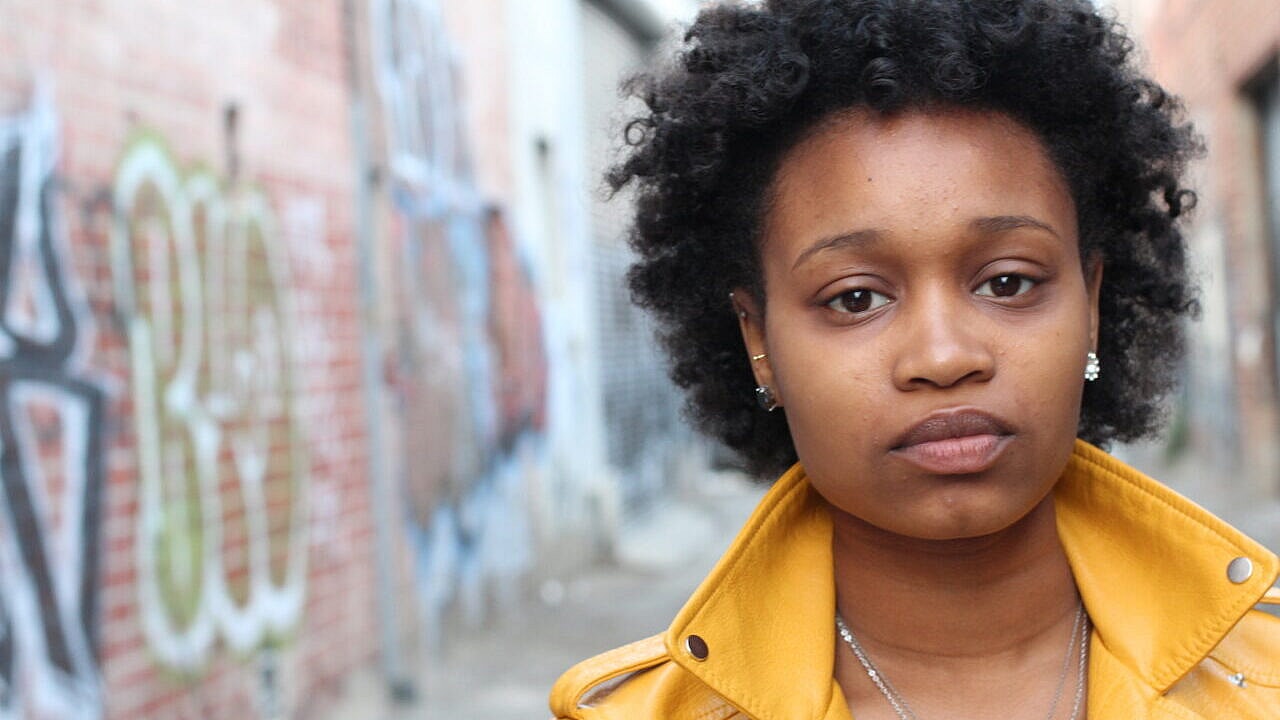Among the health challenges Black women face, fibroids are the most common.
Uterine fibroids are noncancerous growths on the uterus. Ranging in size and discomfort, some women may never know they have them while others can experience debilitating menstrual cycles, infertility, and pregnancy loss.

It is estimated that 80 percent of Black women will develop fibroids in their lifetime. Black women are two to three times more likely to develop fibroids than white women. A 2020 study also found that in Black women, fibroids are more likely to develop in their adolescence than their non-Black peers. As hormonal birth control is commonly prescribed as an effective treatment for fibroids, access to this type of contraception is key for Black girls and women.
Though hormonal contraception has been proven to improve the quality of life for women living with fibroids, Black women are less likely to discuss any form of birth control or contraception with their healthcare providers. Many Black women say they have experienced negative reactions from doctors when discussing their sexual health so they remain silent. Barriers to “contraceptive equity” for Black women also include being under or uninsured, a lack of paid leave to attend appointments, as well as access to transportation and providers.
A new initiative aims to eliminate the barriers Black women and all who use hormonal contraception face. “Free the Pill” is a campaign focused on raising awareness and educating communities in support of an over-the-counter birth control pill. “The goal is to get a birth control pill over the counter in the United States that is affordable, covered by insurance and available to all ages,” project director Victoria Nichols told theGrio.
As part of educating communities, some of the organization’s work also includes dispelling myths regarding the multiple uses for contraception. For instance, many don’t know birth control is used for more than pregnancy prevention—or that many Black girls and women would benefit greatly from it as they experience fibroid growth. While Nichols noted that those capable of pregnancy should be free to use contraception for whatever reason, education is key.
“There are a host of benefits to birth control,” she said. “Knowing what they are can help to reduce the stigma surrounding it.”
To access birth control in the United States, one must have a prescription from a licensed physician. To obtain that prescription, one must first make an appointment with that physician to receive their approval. Nichols noted that while this may seem standard practice, the additional costs incurred by Black women to simply get to the appointment and the pharmacy make it prohibitive. “These obstacles to access basic healthcare needs fall harder on Black women,” she said.
Additionally, Nichols said the COVID-19 pandemic has added yet another barrier to access. “A lot of people just don’t want to go into a provider’s office right now,” she said. “There’s a risk associated with going into the office, especially for those who had a difficult time getting off work.” Nichols added that making contraceptive pills available over the counter will eliminate these barriers.
If a birth control pill is made available over the counter, Nichols noted that the barriers many Black women face and the embarrassment that may keep them from seeking help would largely be eliminated. “We know that Black women are the least likely to talk to their providers about birth control and experience stigma and judgment when they do,” she said. “If a pill is over the counter, you don’t have to talk to a provider about what you need and why you need it.”
Nichols said her organization and others are anticipating a pharmaceutical company submission to the FDA for an over-the-counter contraceptive pill within the year. In the meantime, she said there is ongoing work to confront the problems Black women face. “Black women and people of color capable of pregnancy experience unjust systemic barriers to accessing healthcare and this includes birth control pills,” she said. “This is truly an equity issue.”

Candice Marie Benbow is theGrio’s daily lifestyle, education and health writer. She’s also the author of Red Lip Theology: For Church Girls Who’ve Considered Tithing to the Beauty Supply Store When Sunday Morning Isn’t Enough. Find her on Twitter and Instagram @candicebenbow.
TheGrio is now on your TV via Apple TV, Amazon Fire, Roku, and AndroidTV. Also, please download theGrio mobile apps today!

